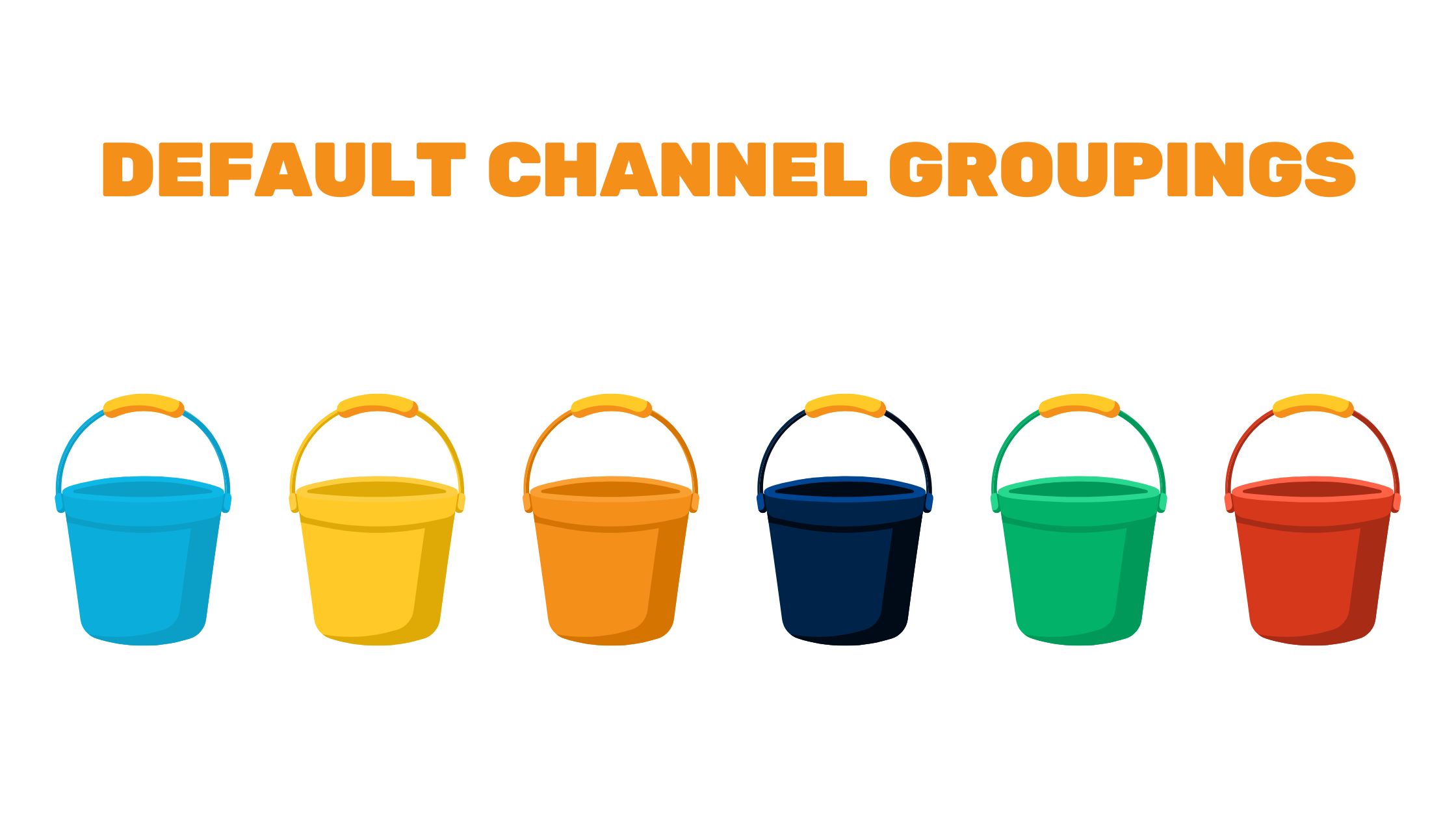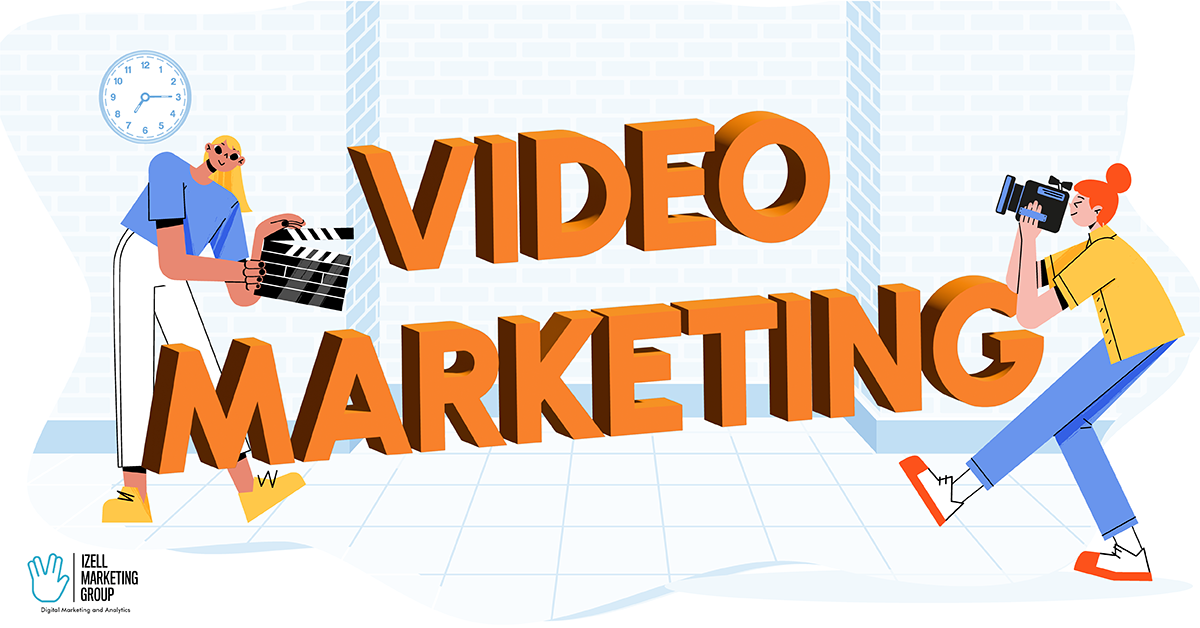Starting an online business was one of the more exciting things I’ve done in my life. However, no one told me all of the legal and financial hoops I’d have to jump through just to establish a legitimate, compliant business. Before I knew it, I was lost in researching terms I’d never had to think about before: LLC, S Corp, C Corp… and at this point, those are all of the terms I remember. There were tons of others, but I was unable to retain it all.
Needless to stay, I wish I’d had this guide when I got started. I’ve condensed this into 6 primary steps to launching your business online. Feel free to comment any questions you have below, and I’ll answer to the best of my ability!
1. Deal with the Legal Stuff First
If you are going to conduct business online, you absolutely have to figure out your business’s legal status. Figuring this out generally comes down to where the burden falls when it’s time to file taxes. Are you going into business by yourself? Do you have a partner or partners? Are you hiring employees?
If you are starting out on your own for the first year, you will want to file your business as a sole proprietorship. Whether you choose to file your business as an S Corporation or an LLC, you will need to be a sole proprietorship. You will be paying quarterly self-employment taxes based on your estimated total year income.
Follow all of the instructions you find in the IRS self-employed tax center. This initial research phase can get a little confusing and tedious, so you may want to consult with an attorney to understand all of your options and requirements. Definitely do this if you are feeling stuck! Either way, it is imperative that you square away the legal stuff first.
2. Get Your Accounting Plan Set
You are going to spend money in pretty much all phases of this process. Legal fees, hosting fees, templates, apps, plugins, contract work, etc. It all adds up, and you’re accountable for all of it come tax season. Depending on how you set up your company (S Corporation, LLC, Sole Proprietorship), you might need to pay taxes throughout the year. Keeping an accurate log of every single payment and expense is incredibly important from day one.
There are many options when it comes to accounting software. The key to keep in mind is what will make your job easiest when it comes to keeping track of transactions, expenses, and paying taxes. In other words, what has the most integrations and will allow you to be most hands-off?
I use QuickBooks since it is an Intuit product and brings the accounting and tax pieces together. If you are concerned about staying on top of your tax requirements, QuickBooks Self-Employed software will likely help you the most.
Another advantage of QuickBooks will come into play in Step 4 of this guide. QuickBooks can integrate with most content management systems and CRM platforms so that sales and expense data flows easily into your books. Trust me, it doesn’t get better than this.
3. Write Down Every Goal and Every Expectation
This seems like a minimal step, but it’ll be a big deal once you get into the process of creating your online business. Your goals and expectations with this venture will dictate which platforms and tools you will use to create and run your business.
Make this list exhaustive. It can be a brainstorm document or a series of sticky notes or a whiteboard you keep in the corner of your office. Talk to your friends and family about how they see this whole thing panning out for you. Ask them honestly what they think about your goals. It’s good to get some of your ideas kicked around at this stage because you’re about to make some big decisions that will be difficult to reverse later on.
4. Decide Which Platforms You Will Use
At this point, you’ve likely decided on your accounting platform at least. Now it’s time to look at which platforms you’ll be using for your website.
Equipped with all of your goals and expectations, you’re ready to start exploring your platform options. Where will you buy your domain? Which hosting company will you use for your website? Which content management system will you use?
We have published an entire guide on building your business website all by yourself, which includes an explanation of how to choose the right platforms for your business.
5. Formulate an Online Marketing and Sales Plan
You’re all set with the legal and accounting stuff. You’ve even decided how you want to build your website. While your website is in the process of being built, you really should start thinking about your go-to-market strategy. Depending on your industry, there may be certain methods that make more sense than others. I would even encourage googling, “how to go to market in [your] industry.”
When I launched my online business selling cat products, our go-to-market plan involved partnering with animal shelters, as well as putting out PR pieces on popular cat blogs. We promoted some of these pieces on our own social platforms to build awareness of our new brand.
We also employed an email-collection strategy because we expected that email marketing would result in our highest sales opportunities. We spent only $170 and collected 80 emails, which created a really nice foundation for sending out our website launch announcement.
For many businesses, the first places to start marketing online are Google Ads and Facebook Ads, the largest search network and the largest social network, respectively. Definitely research your targeting options on both of these platforms to see if your exact market is there. However, don’t force it on these platforms if you have trouble identifying your audiences.
6. Do as Much as You Can on Your Own
You might be surprised to see this coming from someone who wants to work with you, but I strongly urge you to learn as much as you can when you start your business. Try to become a jack-of-all-trades. There will be some things that come easier than others, and that’s what you want to discover.
Once you’ve educated yourself on all facets of this process, it’ll be that much easier for you to decide what you can do and what you need to outsource. Once you outsource a task, you will already know enough about it to keep your third-party accountable to driving the results you need.
Maintain control! This is your business, and the success of this venture rests on your shoulders. That’s why you started this in the first place.




